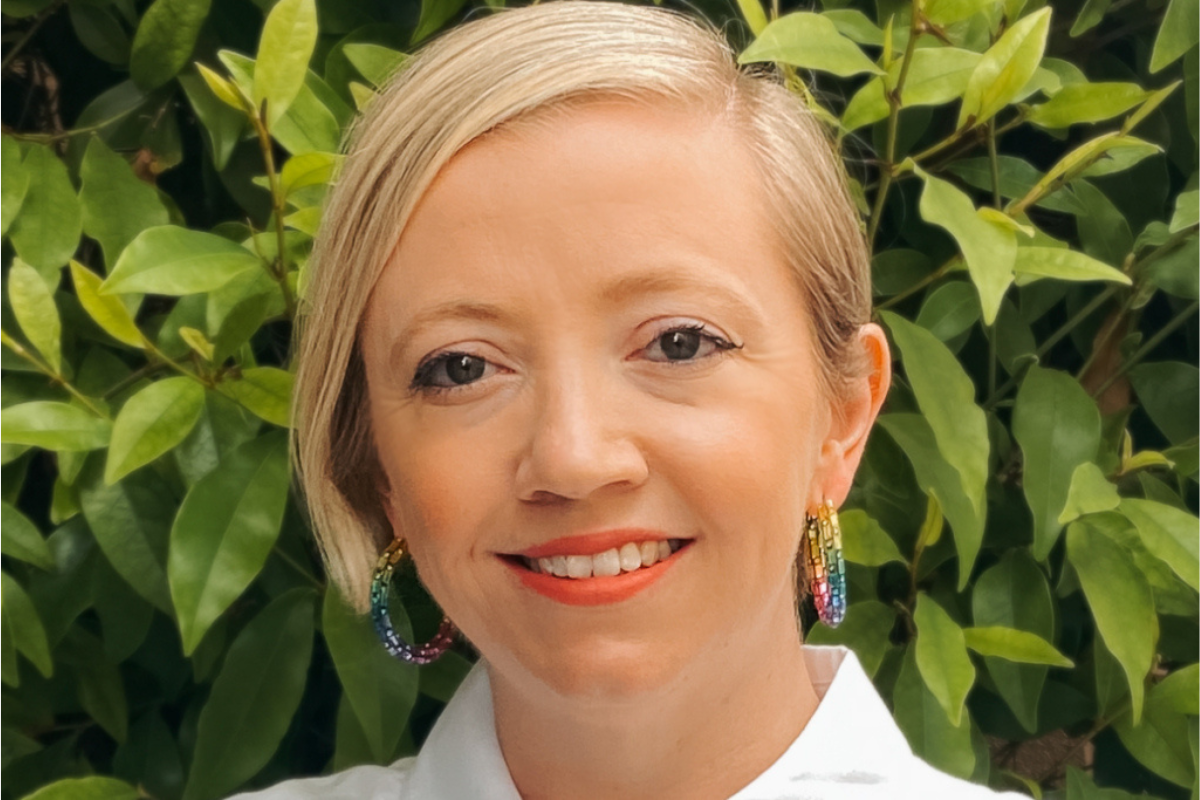With STI rates on the rise across South Australia, it’s time to ditch the stigma and get clued in on prevention, testing and treatment.
Remember syphilis, the disease that turned kings “mad” in the history books? Turns out, it’s not just a thing of the past – it’s making a comeback in South Australia.
The state recorded 323 cases of infectious syphilis in 2023 alone, a 17-fold increase since 2011. Sadly, last year we also had two cases of congenital syphilis – that’s when syphilis is passed from mother to baby during pregnancy or at birth.
Chlamydia and gonorrhoea are also on the rise, with cases of both STIs spiking among Australians in recent years.
Adolescents and young people are the most at risk for STIs, but anyone who’s sexually active can be affected.

The good news
Unlike those kings from history, who had no escape from syphilis’ grip, we now have antibiotics that can cure early-stage syphilis before it causes any serious harm. The same goes for chlamydia and gonorrhoea – both are treatable with antibiotics.
That means this is all preventable, and there’s absolutely no need to panic or let STIs ruin your sex life. With regular testing, early diagnosis and treatment, safer practices, and more open communication, you can protect yourself and your partners.
Let’s break it all down.
What’s driving the spike in STIs?
Holley Skene, CEO of SHINE SA, says the reasons are complex. “People’s regular STI screening routines were interrupted during the height of the COVID-19 pandemic,” she says. “Testing for STIs is yet to return to pre-pandemic levels.”
But Holley says it’s not just COVID-19 that’s to blame, pointing to other factors, like decreasing condom use, myths about transmission, and a general lack of awareness about symptoms.
“There’s also a stigma around getting tested,” she says. “People worry they’ll be judged or embarrassed. But the truth is, testing is quick, simple, and nothing to be ashamed of.”

Syphilis: The “great imitator”
Syphilis, a bacterial infection, has earned the nickname “the great imitator” for good reason. Its early symptoms can look like other conditions or disappear altogether, making it tricky to spot without testing.
Here’s what you should know:
- How it spreads: Unprotected vaginal, anal, or oral sex, and skin-to-skin contact. It can also pass from mother to baby during pregnancy (causing congenital syphilis).
- Early symptoms: Early signs include a painless sore (that heals on its own) and a body rash on the palms or soles of the feet. There may even be no early symptoms at all.
- Later symptoms: Left untreated, it can eventually cause severe complications like permanent blindness, deafness, organ and brain damage (remember those mad kings?) or even death.
- Treatment: Thankfully, early-stage syphilis is easily cured with antibiotics. That’s why timely testing is crucial.

Congenital syphilis: A preventable tragedy
Congenital syphilis occurs when the infection is passed from a pregnant person to their baby. This condition is rising across Australia, with a record 20 cases recorded nationally in 2024. The effects can be devastating, often leading to stillbirth, severe birth defects, or infant death.
“The good news is that congenital syphilis is entirely preventable with early detection and treatment during pregnancy,” says Holley. “That’s why it’s critical for anyone who’s pregnant or planning to become pregnant to get tested early and throughout pregnancy.”
Syphilis testing is now recommended at least three times in all pregnancies. It’s also really important for the sexual partners of pregnant people to get tested too.
If caught in the early stages of pregnancy, syphilis can be treated with antibiotics, effectively preventing harm to the baby. Testing is simple and can be done as part of regular antenatal care.
Why testing matters – for everyone
Let’s bust a common myth right now: STI testing isn’t so invasive or scary. In most cases, it’s as simple as having a blood test, peeing in a cup, or using a swab.
“We hear misconceptions all the time,” says Holley. “Some people think they’ll have to undress in front of a doctor, but that’s rarely the case. Testing is quick, private and painless.”
Regular testing is key, especially if you’re under 30, have a new or multiple partners, or notice any symptoms. “Most STIs have no symptoms,” Holley says. “The only way to know is to get tested.”

Where to get tested
You can access an STI test at any GP or a sexual health service.
SHINE SA’s sexual health clinics are located in the Adelaide CBD and Woodville. Their services include STI testing and treatment, contraception advice and sexual health education.
“Our clinics are non-judgmental spaces where everyone is treated with respect,” Holley says. Appointments are free for anyone with a concession card or aged 21 and under.
Protecting yourself and your partners
Want to stay safe? Here’s how:
- Use protection: Condoms, dental dams, and other barrier methods significantly reduce your risk of STIs. Remember, though, syphilis spreads through skin-to-skin contact (including areas that can’t be covered by condoms or dams).
- Get tested regularly: Holley recommends STI screens at least once a year if you’re sexually active, or whenever you change partners or have unprotected sex.
- Talk about it: “Discussing sexual health with a partner might feel awkward, but it shows you care,” Holley says. “You can even get tested together.”
For extra peace of mind, certain medications like Doxy-PEP can also be used to prevent syphilis in higher-risk groups. “It’s like a morning-after pill for STIs,” Holley says. Doxy-PEP means taking an oral dose of an antibiotic called doxycycline within 72 hours (3 days) of having sex to protect against syphilis and chlamydia. An open conversation with your doctor can help you decide if Doxy-PEP is right for you.
SHINE SA’s “Get Lucky? Get Tested for Syphilis” campaign aims to raise awareness about the rise of syphilis cases and encourage regular testing.
You can get involved by sharing campaign posters and assets, discussing the importance of testing with friends and family, and using social media to amplify the message, ensuring more people take action to protect their health.

Beyond syphilis: The STI surge
Like syphilis, other STIs like chlamydia and gonorrhoea are also on the rise.
These STIs are common, often show no symptoms, but can lead to pelvic pain, ectopic pregnancy or infertility, particularly in people with untreated or repeat infections.
Like syphilis, both are curable with antibiotics if caught early. Protection during sex and regular testing are the best defences.
There are also other STIs to watch out for, including HIV, genital warts (herpes) and hepatitis B, and the advice remains the same: use protection and get tested regularly.
Need more info?
If you’ve got questions about STIs or sexual health, the SHINE SA website is the place to go, with loads of handy resources, factsheets and links.
SHINE SA also operates a free sexual healthline, Monday-Friday, 9am-12:30pm. Call 1300 883 793 to chat anonymously with a friendly, non-judgemental nurse.

















